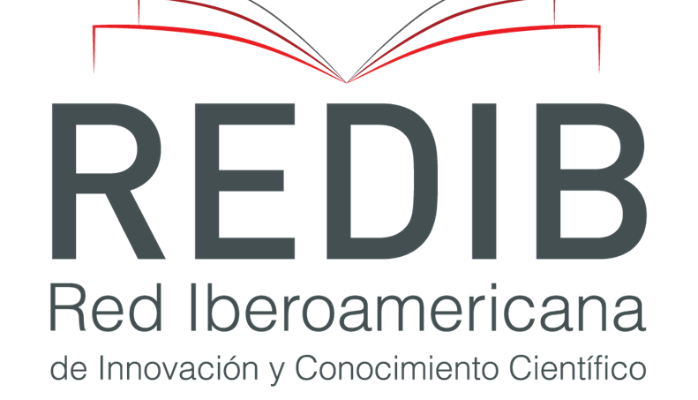Trends in the consumption of ultra-processed foods and public health: A scientometric study
DOI:
https://doi.org/10.47796/ing.v6i00.869Keywords:
UPF, healthy eating, responsible consumption, food policiesAbstract
The global consumption of ultra-processed foods (UPF) has experienced a rapid increase, particularly in developed urban environments. This trend has been associated with a rise in the prevalence of non-communicable diseases, suggesting potential risks to human health. Therefore, the study aimed to analyze trends and models of scientific production related to UPF and public health. To conduct the research, 139 documents were gathered from the Scopus database, using keywords such as "ultra-processed food" and "public health." Data were processed using VosViewer and Bibliometrix software to create cienciometric map networks. It is noteworthy that research has been growing from 2020 to 2023, with a total of 123 published articles. Brazil stands out as the country with the highest contribution, with Monteiro CA as the principal and most cited researcher. The two institutions with the highest affiliation were the University of São Paulo and the Federal University of Minas Gerais. Furthermore, the journal covering the most research was Public Health Nutrition, with "obesity" being the keyword of highest intensity. Considering the top ten cited articles, the need to implement policies supporting the creation of healthy food environments and contributing to improving the quality of life, especially focusing on children, who are the most vulnerable, is emphasized. Opting for natural or minimally processed products from local farmers is shown to be a relevant choice, as it promotes the local economy and encourages a socially responsible lifestyle.
Downloads
Downloads
Published
How to Cite
Issue
Section
License
Copyright (c) 2023 Elvis Joel Aracta Maquera

This work is licensed under a Creative Commons Attribution 4.0 International License.








